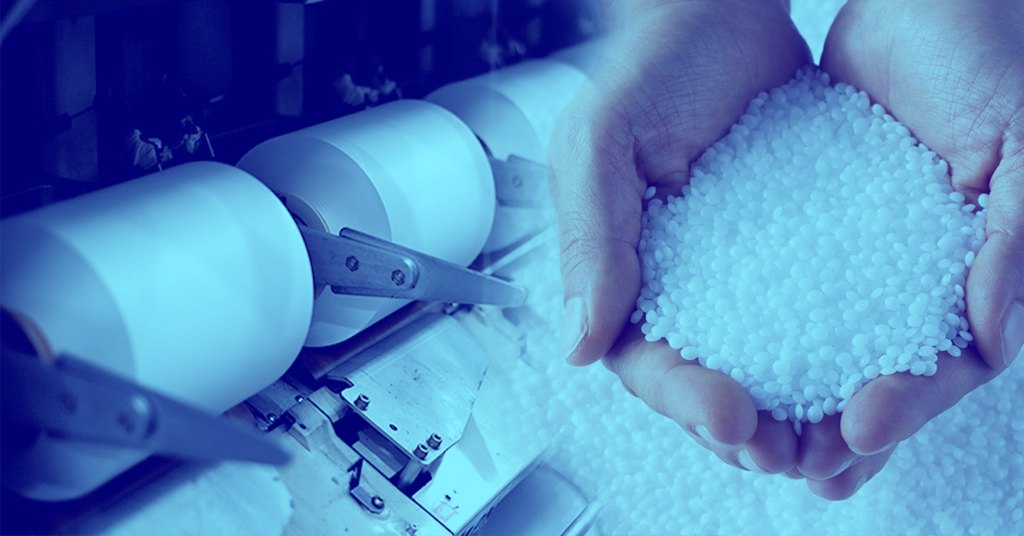Welcome To ChemAnalyst

Recent research into the expanding applications of recycled polypropylene in plastic packaging has yielded promising results, providing compelling evidence of its commendable performance. These findings bode well for those in pursuit of sustainable packaging solutions while simultaneously offering organizations an avenue to bolster the efficiency of their packaging recycling initiatives. The implications of this research extend beyond mere sustainability, as it presents a potential blueprint for the creation of environmentally responsible food plastic packaging aligned with circular economy principles. Keith Vorst and Greg Curtzwiler from Iowa State University have emphasized the multifaceted value that PCR plastics hold, underscoring their potential to serve as a source of critical additives, thereby streamlining the integration process within virgin plastics.
The study's findings suggest that the optimization of additive costs can be further refined, and sustainability goals can be attained through an augmented incorporation of post-consumer recycled (PCR) materials in food packaging. This development coincides with a growing industry trend where packaging professionals increasingly favor polypropylene and akin plastics over the more prevalent polyethylene terephthalate (PET), particularly in the production of bottled water and analogous beverages.
The recent study, spearheaded by scientists affiliated with Iowa State University, entailed the scrutiny of a restricted selection of recycled plastics. After subjecting these recycled polypropylene materials to rigorous assessments, the researchers arrived at a notable revelation—these materials exhibited commendable mechanical performance. Their characteristics encompassed attributes such as strength, flexibility, integrity, and resistance to elevated temperatures.
If forthcoming performance evaluations corroborate these initial findings and the presence of external chemicals remains within stipulated regulatory bounds, this development could hold twofold significance. On the one hand, it presents a boon for those in quest of more sustainable packaging solutions. On the other hand, organizations seeking to augment the efficiency of their packaging recycling initiatives stand to reap significant rewards.
The authors of the study expounded on the implications of their research, articulating, "This research effectively demonstrates the feasibility of harnessing a substantial source of polypropylene. The ensuing benefits are multifaceted, with a marked augmentation in profitability ensuing from the judicious utilization of PCR materials." However, the potential advantages do not merely culminate at these aspects. The authors contend that "this approach possesses the capacity to yield environmentally responsible food plastic packaging, which seamlessly aligns with the legislative mandates of the circular economy."
Keith Vorst and Greg Curtzwiler, hailing from Iowa State University, underscored the pivotal significance of these findings. They emphasized that "these results elucidate that PCR plastics harbor intrinsic value transcending their sustainability attributes. Moreover, PCR materials can serve as a repository of crucial additives, obviating the necessity to introduce them separately into virgin plastics during the blending process."
We use cookies to deliver the best possible experience on our website. To learn more, visit our Privacy Policy. By continuing to use this site or by closing this box, you consent to our use of cookies. More info.
